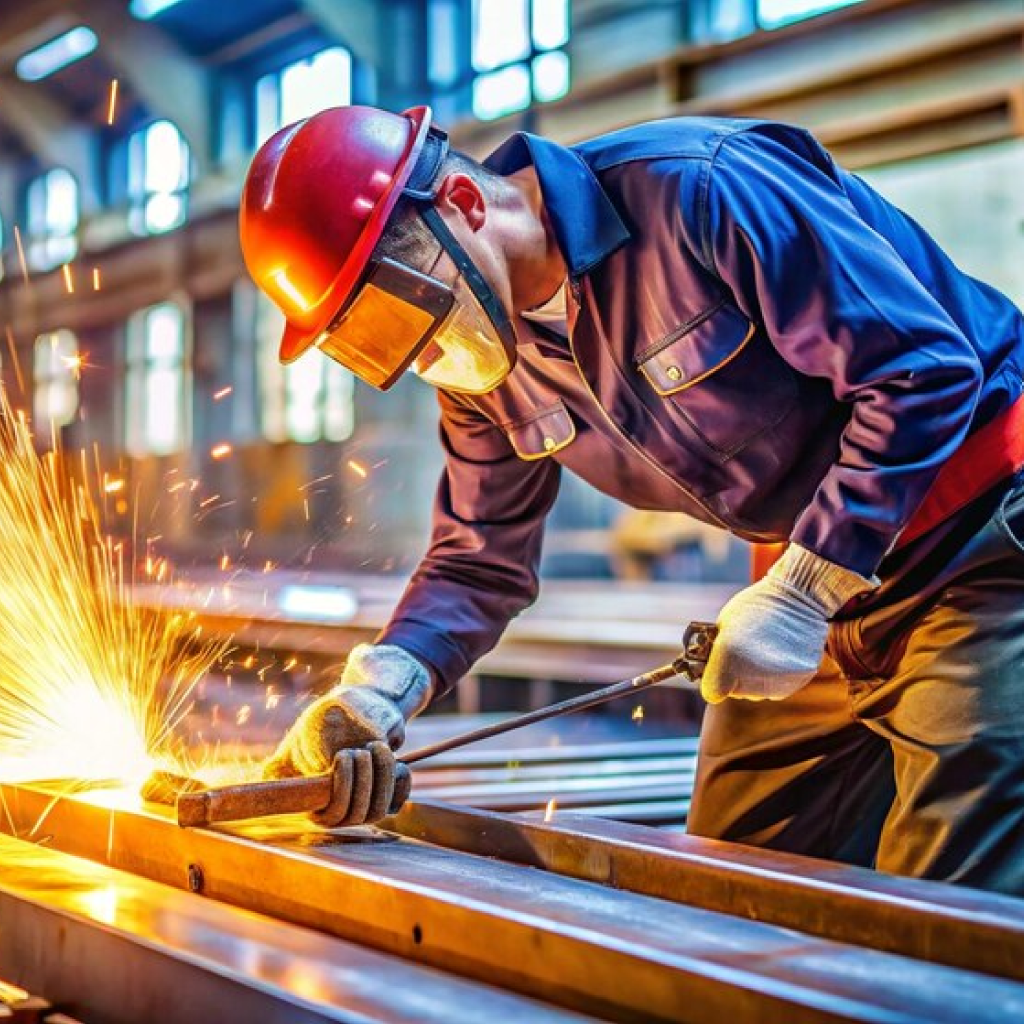Bright Steel And Aluminium Works
Stainless steel fabrication has become a widely used process in various and numerous industries due to the excellent properties of this particular stainless metal. Stainless steel, which consists of some proportions of metals that include iron, nickel, and some other metals too, but have you been curious why this particular metal is so important in such industries? Well, these stainless steel metals are mostly and very well known for their uniqueness and excellent properties that include both mechanical, chemical, and processing qualities, as well as strength in quality properties such as corrosion resistance, making them suitable metals for such processes.

Do you know what industries and what other properties make stainless steel unique? The feature of stainless steel fabrication being corrosion-resistant makes it more unique to be able to use in such industries, which include premises or industries like marine environments, chemical plants, and food production facilities. We all must have seen how easily metals get rusted, if not of the best quality. Well, stainless steel used in the fabrication process is an exception to that. The fabrication process requires various metals, each with its own properties that are needed to deliver the best quality products. The mechanical properties of stainless steel also benefit fabrication processes. Its high tensile strength allows it to endure tension without breaking, along with its formability and ductility for bending, welding, and machining. The material maintains its strength at high temperatures, making it able to withstand higher temperatures as well as pressures and suitable for applications with thermal stress and mechanical loads. Stainless steel’s versatility is evident in its various grades tailored to specific uses. Does austenitic stainless steel fabrication sound similar? If not, here’s all about it.
Austenitic stainless steel comes in various categories, each better than the other. Some of them, well, most of them, like the 304 and 316 grades, offer excellent corrosion resistance for applications involving acids and chemicals, which makes them more durable and safer for chemical storage purposes. Ferritic stainless steels have other stainless steels too. Some of them have a higher chromium content, are magnetic and corrosion-resistant, and are suitable for mildly corrosive environments where there is not much moisture contact. Martensitic stainless steels, known for their hardness and wear resistance, are used in the products that are being used, such as kitchen cutlery, tools, and industrially utilized parts. They have stronger properties with endurable properties like strength and durability, making them more versatile to use and safer for various purposes. Another notable property of stainless steel fabrication is its hygienic and easy-to-clean surface, making it ideal for industries like the food hygiene industry and pharmaceuticals or other medical industries that require strict hygiene standards. These also require less time for maintenance, making them more efficient for their intended purposes. Each one has its own properties, such as being smooth, and its special surface discourages bacteria growth and allows for easy cleaning. This can promote the healthy quality of stainless steel fabrication, making it more usable.